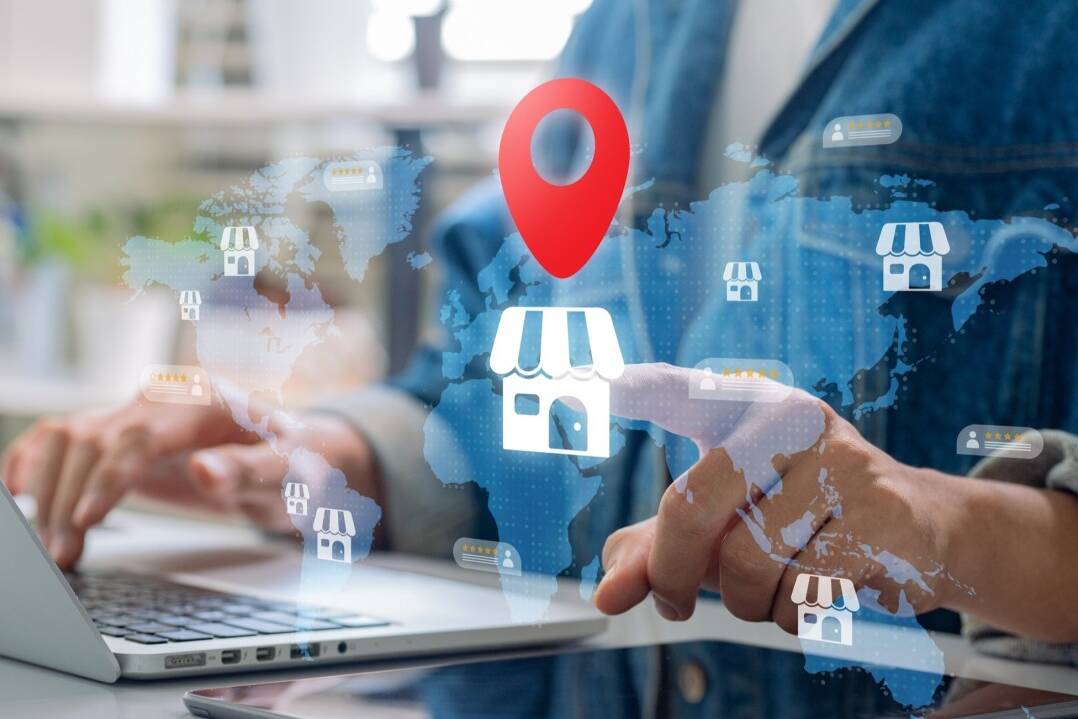In Uganda and across East Africa, many businesses rely solely on social media. But what happens when algorithms change or your account is hacked? A website gives you control, credibility, and global reach.
Key Points:
- Social media is a rented space — your website is owned.
- Websites build trust, especially for international customers.
- You can sell, collect payments, and track analytics better.
- Local examples of businesses that grew after launching a website.
While a Facebook page is useful for engaging an audience, it is not a substitute for a website. A dedicated website offers crucial control, credibility, and long-term stability that social media platforms can’t match. In a digital landscape where consumers expect businesses to have a professional online presence, relying solely on social media is a significant risk.
Your Business Doesn’t Own Its Facebook Page
Relying on a Facebook page means building your business on “rented” land. You are subject to the platform’s rules, which can change at any time and affect your brand’s reach and functionality.
- Algorithm changes: Facebook’s algorithms control how many of your followers see your posts. Organic reach for business pages has been in decline for years, often dropping to as low as 1%.
- Account suspension risk: You don’t have full ownership of the platform. If your page is suspended or removed for any reason, you risk losing your entire online audience and all your content instantly.
- Platform-dependent limitations: Your business is at the mercy of platform outages, as was widely felt during a major 2021 disruption when Facebook, Instagram, and WhatsApp went down for six hours.
A Website Provides Credibility and Control
A professional website makes a powerful first impression that instantly builds trust with potential customers.
- Boosts legitimacy: Consumers expect reputable businesses to have a website. Without one, you risk being perceived as less professional, outdated, or even untrustworthy.
- Total branding control: Your website is your digital storefront. You control the design, layout, content, and messaging to create a cohesive brand identity. A Facebook page, by contrast, forces you to operate within its limited template.
- Establishes brand authority: A website gives you a dedicated space to demonstrate your expertise with blog posts, case studies, and customer testimonials. This builds authority and positions you as a leader in your industry.
Websites Offer Superior Marketing and Sales Tools
Beyond a basic profile, a website is a central hub for all your marketing and sales activities.
- Improved search engine visibility: When people search on Google for products or services you offer, your website is more likely to appear high in search results. A well-optimized site provides far more SEO opportunities than a social media profile, which can only appear in search results as a single page.
- Better analytics and insights: A website allows for detailed tracking of customer behavior using tools like Google Analytics. You can see who visits your site, how they found you, and what pages they interact with most. This data is invaluable for refining marketing strategies.
- Direct conversion opportunities: Unlike social media, where user intent is casual, a website is designed to convert visitors into customers. You can create strategic landing pages, integrate e-commerce, and use forms to generate leads directly.
- Global and 24/7 reach: A website provides continuous, round-the-clock accessibility. It works tirelessly to attract and inform potential customers, allowing them to browse your offerings and make purchases or inquiries at their convenience.
Why You Should Have Both, But With a Website as Your Foundation
A website is not an alternative to a Facebook page; it is the essential centerpiece of your online presence.
- Use social media for awareness: Continue to use your Facebook page to engage with your community, share updates, and drive traffic. It is an effective channel for building brand awareness and attracting new followers.
- Direct traffic to your website: Leverage your social media presence to send your audience to your website, where you have full control over the experience and the conversion process.
- Diversify your digital assets: By having both a website (owned media) and a social media profile (rented media), you can create a robust, multi-channel strategy that is resilient to the risks of depending on a single platform.



